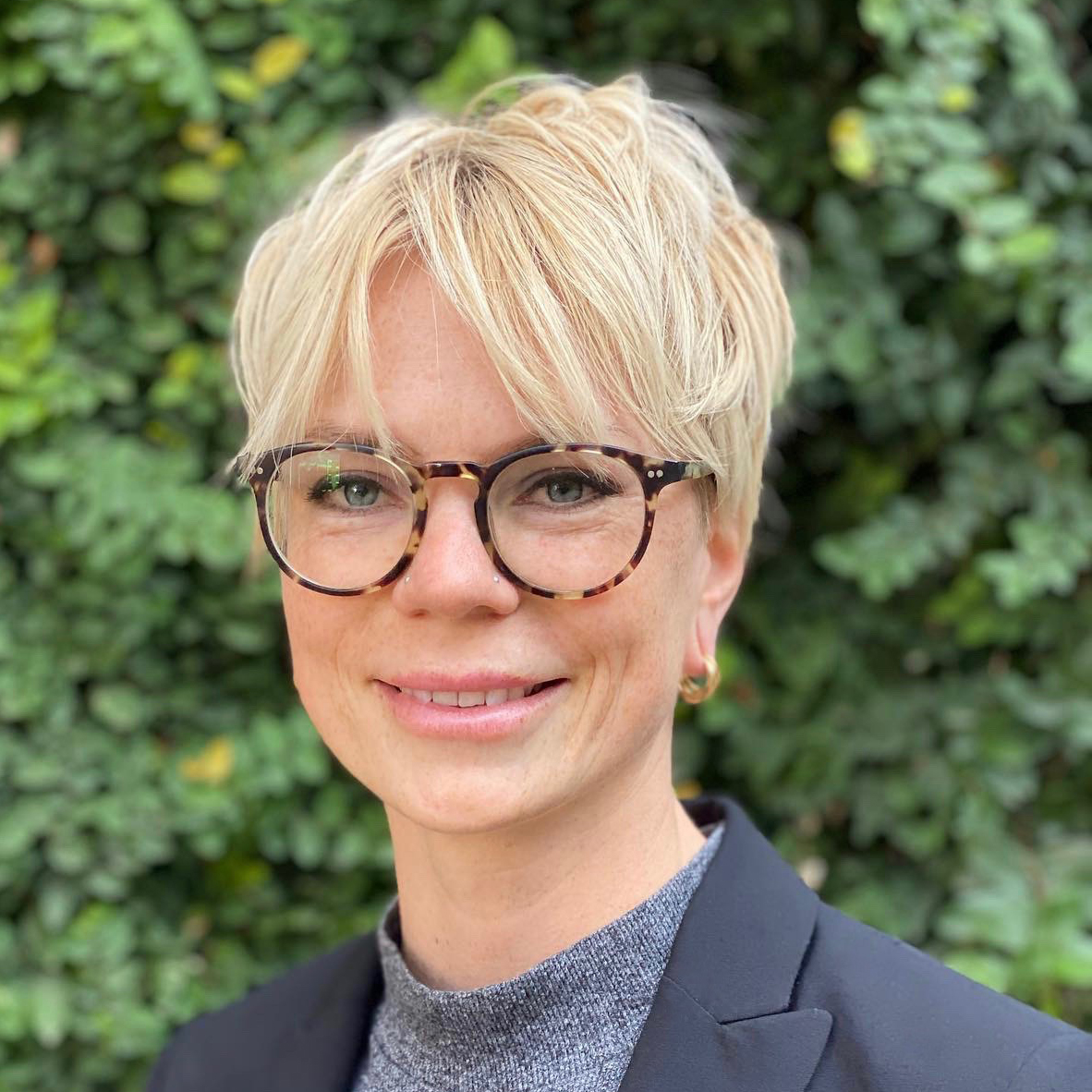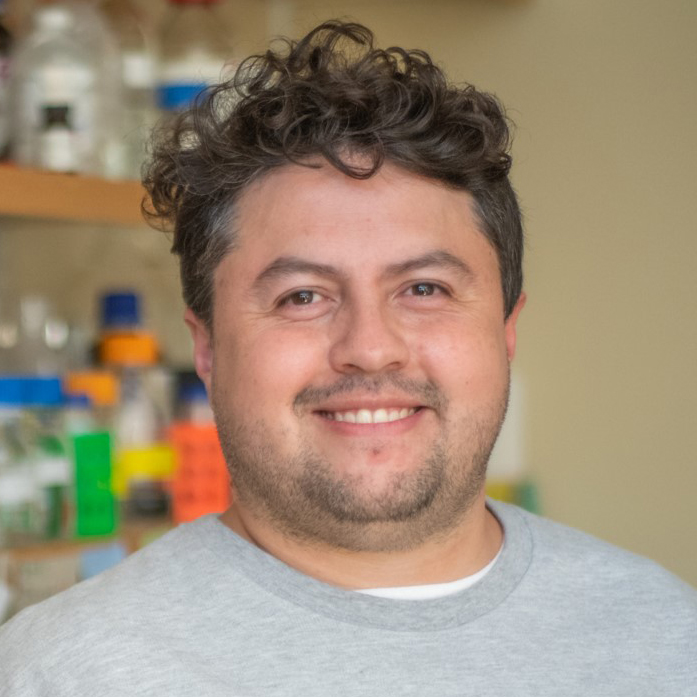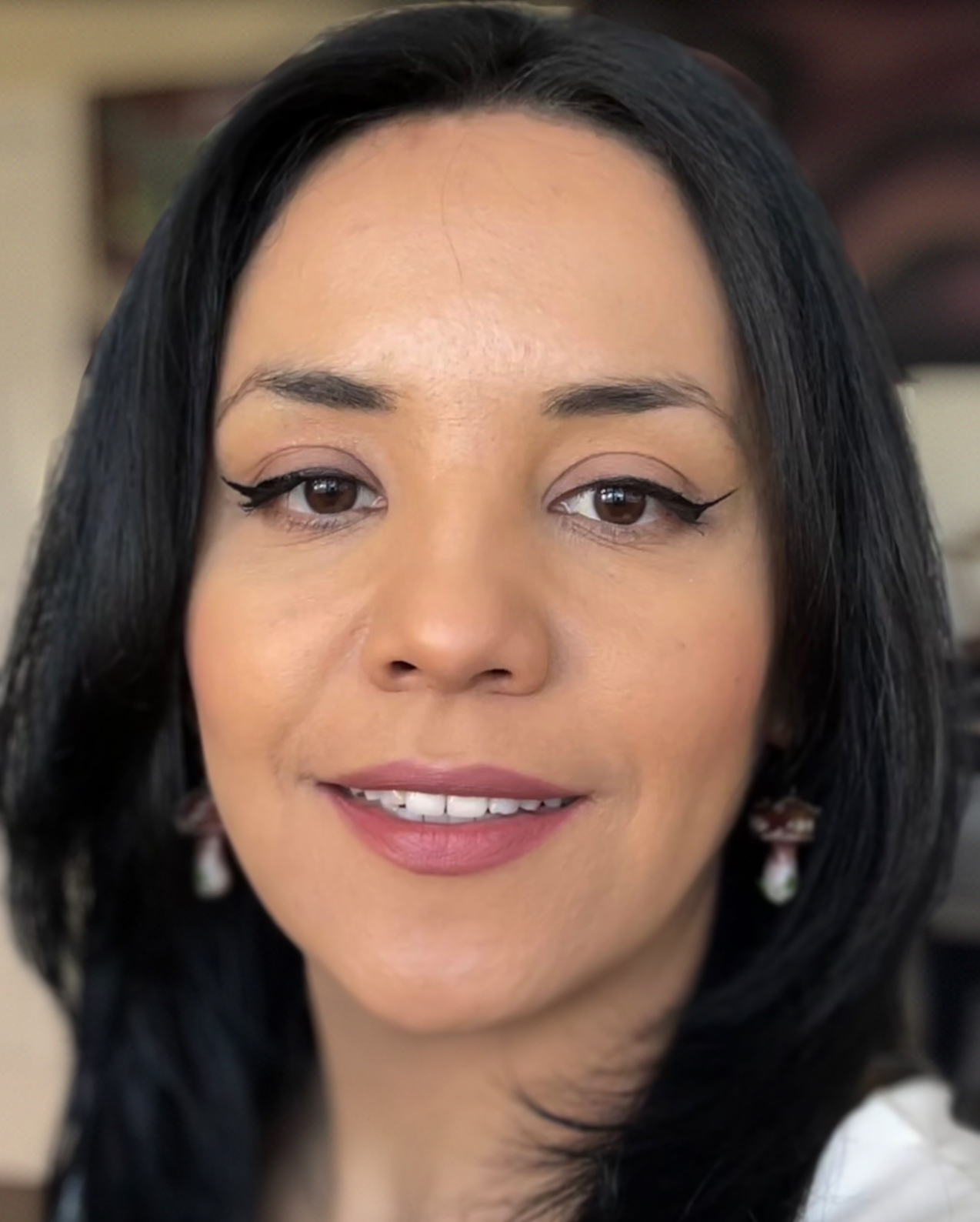|
Dr. Sara Branco
Dr. Branco completed her PhD in Evolutionary Biology from the University of Chicago as a Fulbright scholar, was a Postdoctoral Researcher at the University of California, Berkeley and a Marie Curie Postdoctoral Fellow at the University of Paris. She has been studying fungi since she was 16 years old and earned her undergraduate degree at the University of Lisbon (Portugal). Currently Dr. Branco is an Assistant Professor at the Department of Integrative Biology at University of Colorado Denver. |

|
|
Dr. Lotus Lofgren
Dr. Lofgren is an NIH Postdoctoral Research Fellow in the Tri-Institutional Molecular Mycology and Pathogenesis. Training Program, Biology Department, Duke University, Durham, NC. |

|
|
Dr. Javier F. Tabima R.
Dr. Tabima is an Assistant Professor of Genomics at the Department of Biology of Clark University. His lab is interested in identifying the patterns of genomic evolution of fungal species and populations, specially focused on the evolution, systematics, and the genomics of secondary metabolism of the genus Basidiobolus. He is also deeply active in recruitment and retention of underrepresented minorities in STEM, migrant inclusivity, social justice and racial equity. |

|
|
Dr. Terry Torres Cruz
Dr. Torres Cruz is from Costa Rica where she studied Biotechnology Engineering at Instituto Tecnológico de Costa Rica. For her undergraduate thesis work, she spent 3 months in the United States working under the supervision of Dr. Andrea Porras-Alfaro researching heavy metal-tolerant soil fungi. This led to doing her M.Sc. in Biology in Dr. Porras-Alfaro’s lab working on the description of a novel genus and species in the Mucoromycotina (Bifiguratus adelaidae); a taxon that had been abundantly found in environmental sequencing, yet no cultures were known, and was designated as one of the “top 50 most wanted fungi”. Dr. Torres Cruz subsequently worked as a field technician for the U.S. Geological Survey in Moab, Utah focusing on the effects of drought and increasing temperatures on biological soil crusts; among other projects before joining Penn State for a PhD in Plant Pathology with a dual title in Biogeochemistry in the lab of Dr. David Geiser. Dr. Torres Cruz's dissertation project focused on a novel Fusarium species that produces a pseudo flower on yellow-eyed grasses endemic to northern South America, describing this plant-fungal interaction and how it may affect the attraction of insects. Dr. Torres Cruz is currently in the process of moving to Indiana to start a postdoc position in Dr. Catherine Aime’s lab at Purdue University. Besides research and fieldwork, She enjoys being involved in student organizations, mentoring students, volunteering in the community, and advocating for diversity, equity, and inclusion in STEM. I am a past chair of the MSA Student and Postdoc Section and have served as a student representative on various MSA committees since joining the society in 2015. |

|
|
Fabiola Pulido-Chavez
Fabiola is a Plant Pathology Ph.D. candidate at the University of California-Riverside, where she studies post-fire soil microbial successional and functional dynamics. She earned a Master of Science in Forestry at the University of Washington-Seattle, where she studied the ectomycorrhizal fungi of burned Ponderosa pine forest. Moreover, she earned a Bachelor of Science in Environmental Science from California State University-Fresno. She is also active in various committees within the Mycological Society of America (MSA), including the merchandise chair on the MSA-Student and Postdoc Section and the vice-chair for the Diversity, Equity, and Inclusion (DEI) section. |

|
Contact Information
Contact us via E-mail